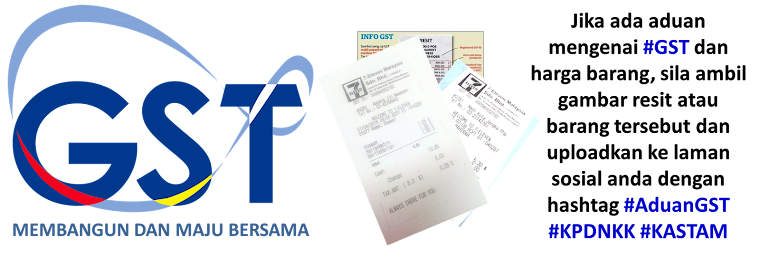Published: Friday February 14, 2014 MYT 12:00:00 AM
Updated: Friday February 14, 2014 MYT 7:59:02 AM
 |
| Siva said: “By the third quarter, the market will find its own level. Malaysians have a short memory and activities will start picking up,” Siva said he expected full confidence to return to the local property market in 2015. |
PETALING JAYA: The property sector could see a rebound by the second half of the year, as buyer and investor confidence is expected to improve after a brief lull, experts said.
Malaysian Institute of Estate Agents president Siva Shanker admitted that the cooling measures announced in Budget 2014 have sent the property market into “a tailspin”.
“I believe there will be some consolidation in the first and second quarters of this year, whereby the market will remain soft,” he said, adding that buyers will remain cautious in the first half of the year.
“By the third quarter, the market will find its own level. Malaysians have a short memory and activities will start picking up,” he quipped.
Siva said he expected full confidence to return to the local property market in 2015.
On whether there would be any impact to the sector once the goods and services tax (GST) is implemented in April 2015, he said: “It will depend on how the education and acclimatisation process is done. If done well, people won’t panic.”
One industry observer concurred, saying that he expected the property market to remain soft “for just a while”. “It’s a normal thing. When some policy is announced, it creates a knee-jerk reaction, causing people to adopt a wait-and-see approach. But after a while, they get used to the changes and life goes back to normal,” he said, adding that he expected the local property sector to “start picking up” by the second half of the year.
HwangDBS Vickers Research, meanwhile, said it expected the GST to have an impact on commercial properties.
“Residential properties, while exempted, may be affected by higher building material costs,” it said in a report yesterday, adding that the various cooling measures will likely be felt at least up to the first half of 2014, as “both buyers and developers turn more cautious”.
“Sales of landed properties, affordable housing and those in prime areas, nevertheless, should remain resilient, given pent-up demand.”
Among the cooling measures are a higher real property gains tax of 15% to 30% for disposals within five years and the discontinuation of the developer interest-bearing scheme.
HwangDBS said it expects property sales this year to decline by 5% to 10% due to slower volume. However, it added that property prices are likely to hold as a result of cost-push inflation.
“House price growth may moderate to 3% per annum, as rising new supply meets weaker demand.”


No comments:
Post a Comment